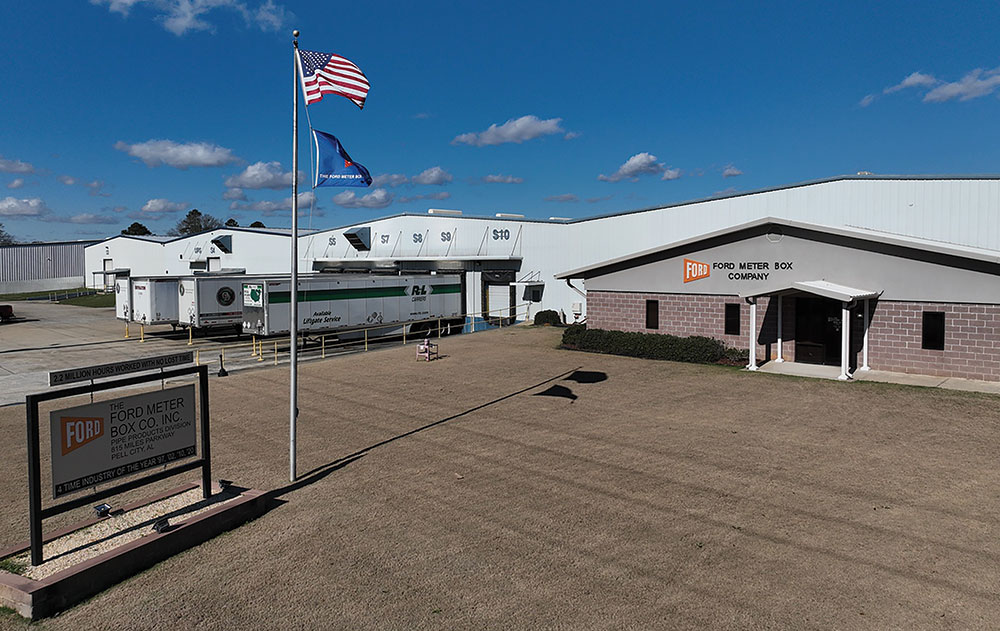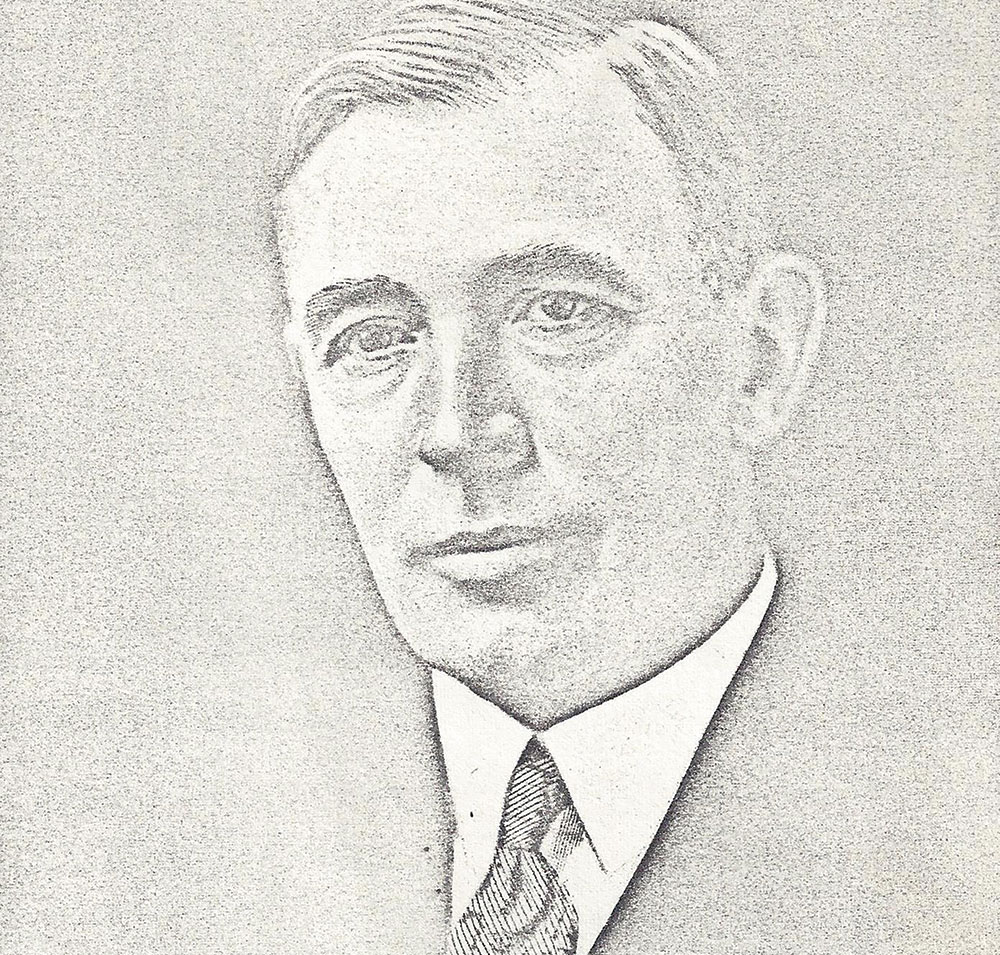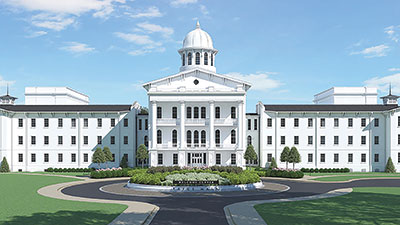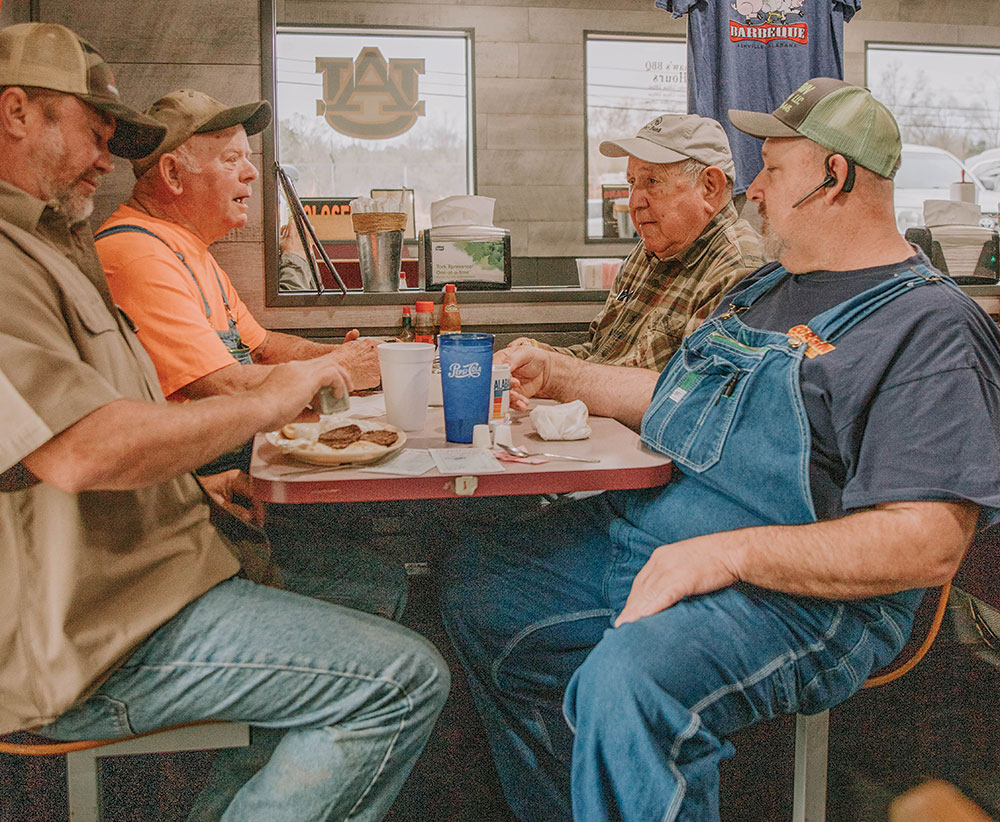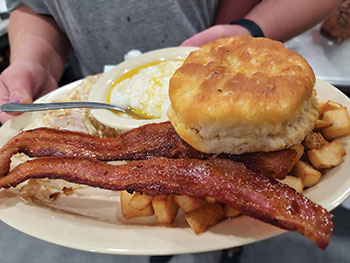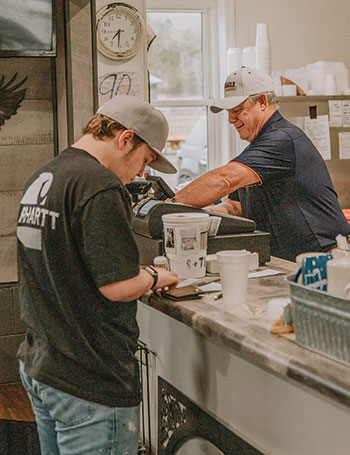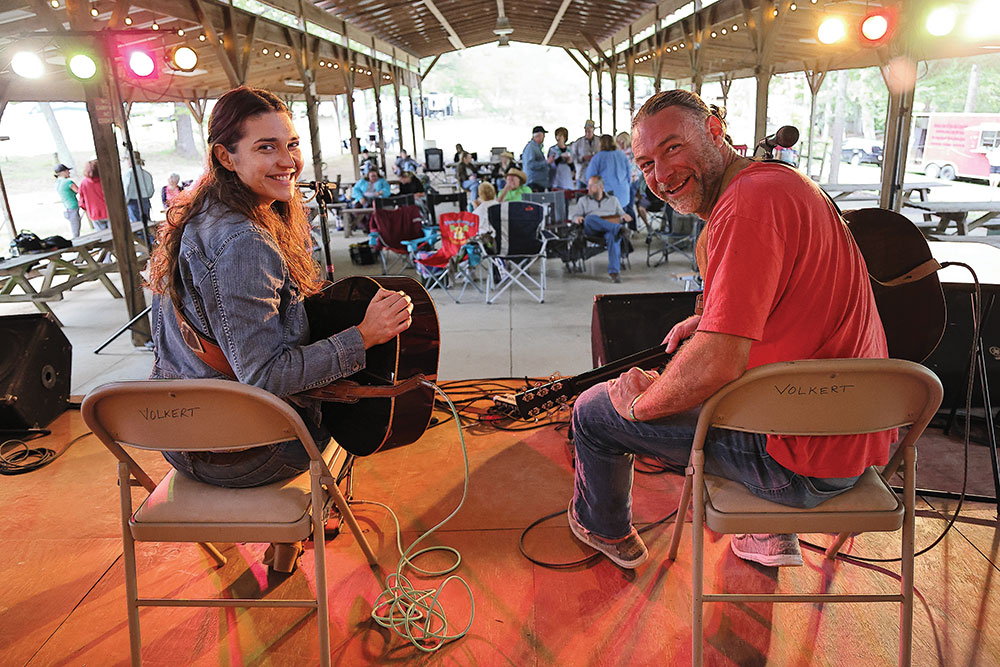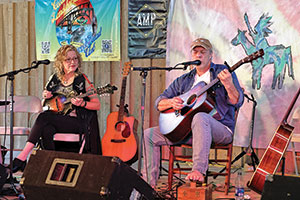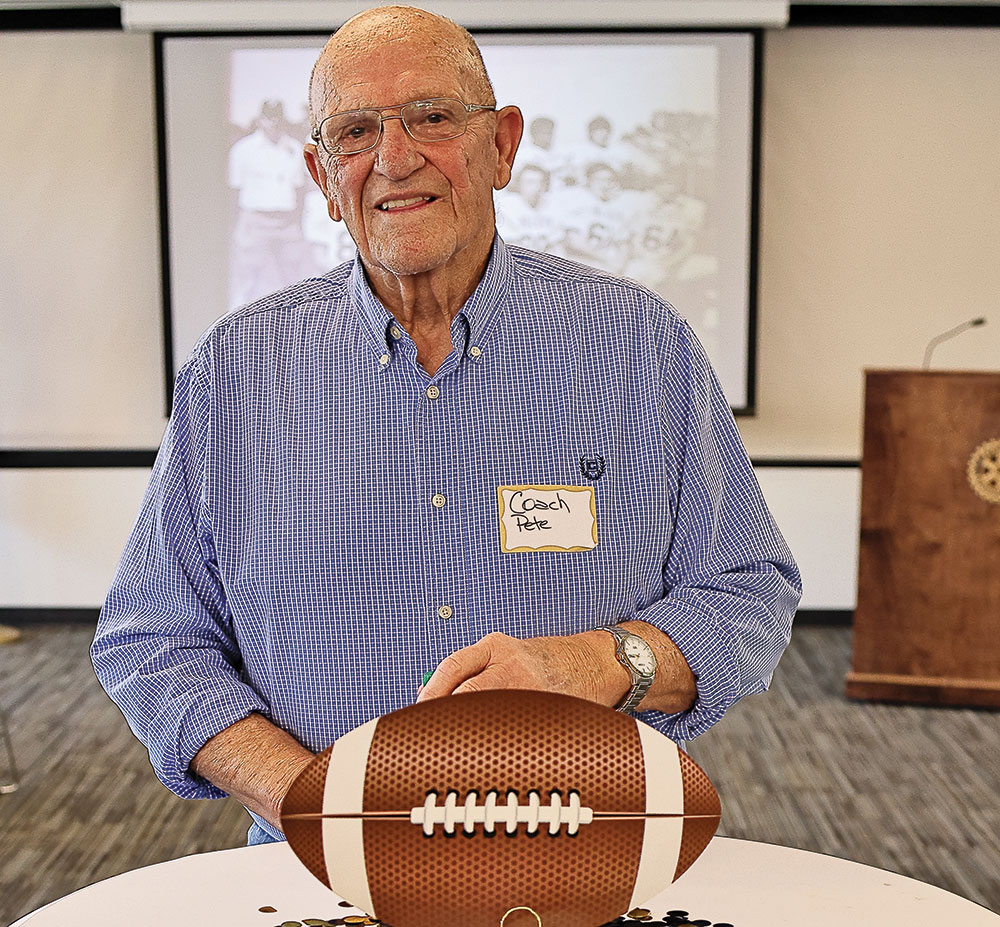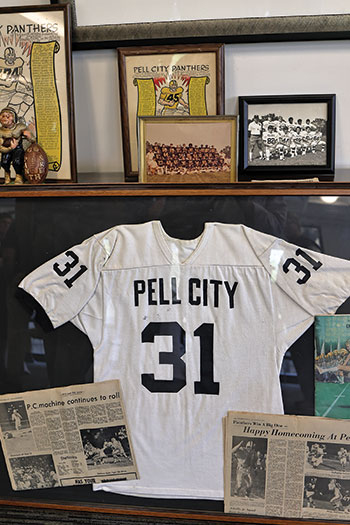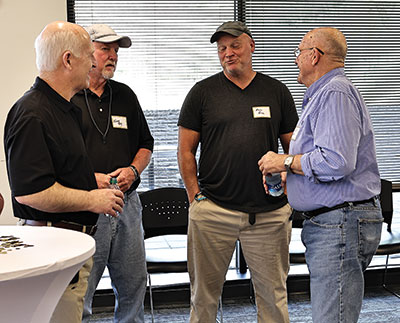Ford Meter Box acquisition to enable pipe products line expansion in Pell City
The Ford Meter Box Company, Inc., through its wholly-owned subsidiary, Baker Coupling, LLC, has entered into an agreement to acquire certain assets of Baker Coupling Company, Inc. (“Baker”). This transaction will expand Ford’s line of Pipe Products manufactured in Pell City.
Located in Los Angeles, CA, and incorporated in 1939, Baker is a privately held manufacturer of sleeve-type couplings, transition and reducing couplings, expansion and dismantling joints, tapping sleeves, flanged coupling adaptors and related items. Its engineered products may be found in such large-scale applications as pump stations, aqueducts and treatment plants.
“I am extremely pleased that Baker Coupling Company and Ford Meter Box will join forces after so many decades as respected business partners,” said Baker Coupling President Ram Satyarthi. “The products, cultures and legacies of these two companies are a great match.”
Steve Ford, president of Ford Meter Box, noted, “Baker is a longtime industry ally and a dependable Ford partner. We look forward to the expanded capabilities they will bring to our waterworks and treatment plant customers and utilities.”
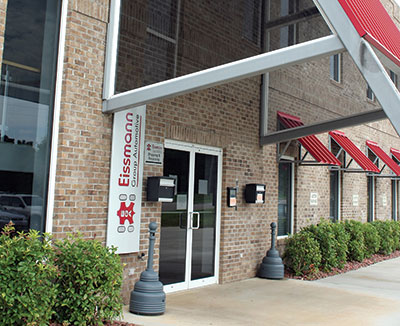
Pell City’s Eissmann Automotive honored by Alabama Germany Partnership
The Alabama Germany Partnership (AGP) marked celebrated the 25th anniversary of its founding and recognized German companies that are growing in the state with new investments, including Pell City’s Eissmann Automotive.
Eissmann Automotive has 13 locations on three continents, specializing in car interiors, built-to-print trim components, shifter modules and many other parts for German and domestic automakers such as Mercedes, Audi, Jeep, Tesla, Porsche, Volkswagen and others.
Around 300 industrial, cultural, educational and governmental leaders attended the March 31 event at The Mariott Hotel & Conference Center in Prattville, where they recognized seven German companies for investments valued at almost $200 million in Alabama through growth projects announced in 2022, according to Commerce data.
In December 2022, the German automotive supplier Eissmann announced an expansion to its Pell City facility. The expansion included a $3.4 million investment in new advanced manufacturing equipment for their new production line. They expected to hire an additional 79 employees to support the production necessary for their new orders.
Companies recognized in addition to Eissmann were: ADS-Tec Energy Inc. (Auburn), Evonik Corp. (Birmingham and Theodore), MBN Automotive (Birmingham), STAR Cooperation USA (Vance) and Winkelmann Flowform Technology L.P. (Auburn).
The AGP, a non-profit member-based organization established in 1998, is dedicated to strengthening the economic and cultural ties between Alabama and a European nation with a large-scale business presence in the state.
“Alabama and Germany have developed a special relationship over the decades,” said Secretary of the Alabama Department of Commerce Greg Canfield. “During that time, numerous German companies have launched growth plans in Alabama, bringing benefits that enrich these communities, both economically and culturally.”
Michael Göbel, president and CEO of Mercedes-Benz U.S. International, served as keynote speaker. Other presenters included Melanie Moltmann, Consul General of the Federal Republic of Germany to the Southeast of the United States.
The business ties between Germany and Alabama date back decades and have only grown stronger in recent years.
More than 80 German companies have operations in Alabama, and the state opened a business development office in Stuttgart in 2019.
German companies have invested over $10 billion in the state since 1999, according to data from the Alabama Department of Commerce. These projects have created around 18,500 direct jobs.
When the AGP was established, its leadership, comprised primarily of economic developers, recognized that attention to cultural and educational interests — and not just to business issues — would better prepare Alabama for additional German investment.
“The AGP’s mission has remained consistent over the last 25 years, and its leadership — through both individuals and companies — has remained intact,” said Brian Hilson, the group’s immediate past chairman. “The organization’s events and programs bring together people who share the same interest in growing and benefitting from the Alabama-Germany relationship.
“As German business investment in Alabama has grown, so too has the Alabama Germany Partnership, and the presence of Germans who feel at home in Alabama,” he added.
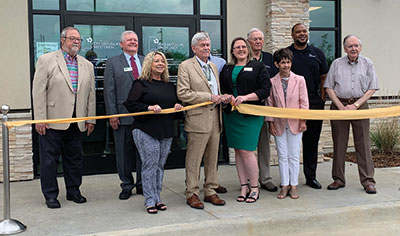
Fort McClellan Credit Union cuts ribbon on new Pell City branch
Fort McClellan Credit Union has expanded its multi-county footprint, opening its newest branch in Pell City at U.S. 231 South and 19th Street, a 2,405 square foot facility.
“We are so happy to call Pell City home,” said CEO Angela Smith. “After analyzing which areas would benefit our membership most, it was no surprise that this is where we needed to be. With its ideal location and flourishing development, we were very excited to break ground in Pell City.”
The credit union is based in Anniston with branch locations in Anniston, Jacksonville, Roanoke and Ohatchee. It employs 64 people and offers an array of services, including checking, savings and investment accounts, auto, boat, RV and other loans as well as mortgages.
“The addition of this branch will ensure that we are equipped to better serve our growing membership and extend our roots,” Smith said. “We look forward to serving this community for many years to come.”
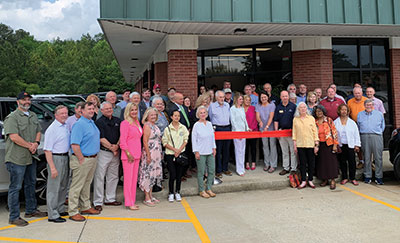
Metro Insurance opens new office in Pell City
Metro Bank officials cut the ribbon on a new office building for Metro Insurance, giving the independent insurance company greater visibility for its line of products and services.
Located in a newly renovated building next door to the bank on U.S. 231 South, Manager Jill Smith said the new space enables Metro Insurance, formerly known as MB Financial Services, to have more exposure as a standalone entity. It had occupied offices in the bank headquarters.
Longtime Metro veterans are part of the operation there – Smith, who has been with the company 20 years, Crystal Green, 10, and Rachel Powell, 13.
Metro Insurance offers customers a diverse and extensive line of insurance products, including personal, commercial, life and bonds. Because agency represents so many different companies, Smith said, staff are able to offer attractive, competitive pricing and coverage for their customers.
The late Ray Cox, founder of the bank, had as his goal to make a variety of services readily available to all customers, and Metro Insurance fulfills that aim, she said, noting that she was “thankful” to have worked and learned from him and Joe Allinder, who retired as manager of that division.
“We’re very excited to be in our new building,” Smith said. “The new signage gives us more exposure so we can grow and better serve our customers.”
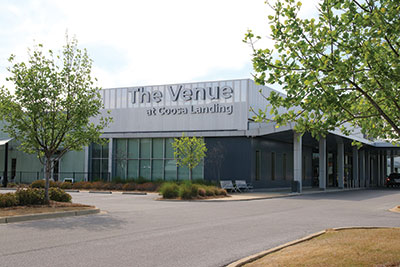
Regional summit for economic development for I-59 corridor
Officials are eyeing the I-59 Corridor Summit, a regional cooperative effort for economic development, as a first step in communities working together for a common good.
Held at The Venue at Coosa Landing in Gadsden, the summit called, Bringing Neighbors Together, is aimed at connecting communities along the I-59 corridor outside their own borders with a common goal of economic development through promoting tourism, fostering workforce development and enhancing job recruitment.
The groundwork was put into place through the efforts of economic developers from Blount, Cherokee, Dekalb, Etowah, Jefferson, Marshall and St. Clair County.
Featured speakers included: Greg Canfield, secretary of Alabama Department of Commerce; Tami Reist, president and CEO, Alabama Mountain Lakes Tourist Association; and Ed Castile, deputy secretary, Workforce Development Division, Alabama Department of Commerce.














